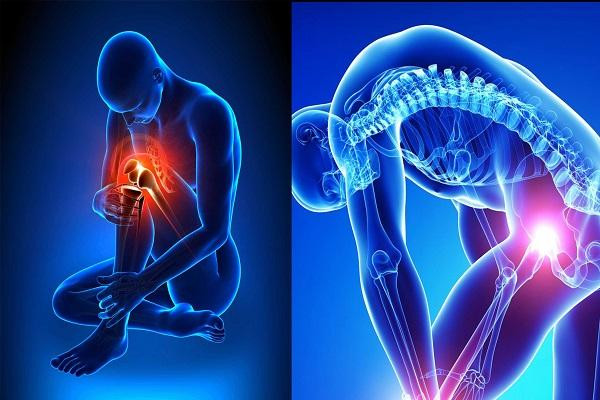Your Issues Can Be Solved by Orthopedics
Orthopedic treatment refers to the medical management of conditions that affect the musculoskeletal system, which includes the bones, joints, muscles, tendons, and ligaments. Orthopedic conditions can range from minor injuries to chronic conditions such as osteoarthritis. Treatment options may include medications, physical therapy, assistive devices, and surgery, and the best course of treatment will depend on the specific condition and the individual patient. It's important to work with an orthopedic specialist to determine the most appropriate treatment plan.
- Early treatment is often the most effective. If you have an orthopedic condition, it's important to seek medical attention as soon as possible. This can help prevent the condition from worsening and can also make treatment more effective.
- Non-surgical treatment options should be tried before considering surgery. While surgery can be an effective treatment for some orthopedic conditions, it's generally best to try non-surgical options first. This can include medications, physical therapy, and assistive devices.

- Rehabilitation is an important part of treatment. After an injury or surgery, it's important to follow a rehabilitation plan to help the affected area heal properly and regain strength. This can include exercises and stretches prescribed by a physical therapist.
- Lifestyle changes may be necessary. In some cases, making changes to your daily routine can help manage an orthopedic condition. This might include modifying your diet, losing weight, or changing the way you perform certain activities.
- Multiple treatment modalities may be necessary. Depending on the severity of the condition and the individual patient, a combination of treatment modalities may be necessary to achieve the best outcome. It's important to work closely with your medical team to determine the most appropriate treatment plan.
There are several treatment options available for orthopedic conditions, and the best option will depend on the specific condition and the individual patient. Some common treatment options include:
- Medications: Nonsteroidal anti-inflammatory drugs (NSAIDs) and corticosteroids can help reduce pain and swelling. Other medications, such as disease-modifying antirheumatic drugs (DMARDs) and biologics, may be used to treat certain chronic conditions such as rheumatoid arthritis.
- Physical therapy: Exercises and stretches prescribed by a physical therapist can help improve the range of motion and strengthen muscles to support the affected joint.
- Assistive devices: Crutches, braces, and other assistive devices can help protect the affected joint and allow the patient to move around more easily.
- Surgery: In some cases, surgery may be necessary to repair or replace a damaged joint or to correct a structural problem.
It's important to work with an orthopedic specialist to determine the best treatment plan for your specific condition. With the right combination of therapies, it's often possible to effectively manage orthopedic conditions and improve quality of life.
Click here for more information:-
orthopaedic treatment solutions in bengaluru
Comments
Post a Comment